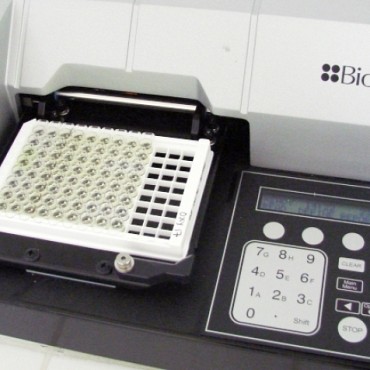
Research in Semiochemistry and Applied Ethology
IRSEA never works to find coercive solutions, methods of eradication. But on the contrary, we have the search for coexistence and sharing of the world.
The development of semiochemical analogues opens the way to new ways of communicating with our pets as well as with farm animals or even with animals that are harmful to us (especially parasites).
This communication avoids the violence of commonly used methods to control these animals.
IRSEA has implemented eight major lines of research:

Tissue Biology:
A part of the work is focused on the description of the alterations that can affect these structures of detection of semiochemicals in order to understand their impact on the behavior and the well-being of the animals. These alterations can be caused by inflammatory phenomena, but also by degenerative phenomena linked to the ageing of the animal.
We are also working on the use and efficiency of autologous olfactory stem cell transplants to treat several diseases affecting animals and humans, such as cerebral aging or various osteoarticular pathologies.

Chemical Ecology:
We study here the chemical interactions between living organisms and their environment, but also the mechanisms at the base of these interactions and the effects they can have on the behavior of animals. The idea is to study these interactions in order to find applications that can promote the cohabitation between different species in their natural environment.
Our studies are mainly focused on host-parasite or prey-predator interactions, we try to understand how chemical communication intervenes in these exchanges in order to find semiochemicals that can help in the fight against certain species harmful to humans and animals. We develop sustainable strategies without impact on the environment.

Animal Behavior and Welfare:
Our research focuses on ethology, physiology and animal welfare with the goal of improving animal welfare. The understanding and knowledge of the ethology and physiology of each species is essential to improve their welfare, which is why these disciplines are closely linked. We are interested in all species, in all possible contexts (home, breeding, zoo...) to bring to the scientific community new answers in these fields. In this context, several chemical messages are studied to measure their effects on the behavior and physiology of different species.

Biologie Moléculaire de la Communication Chimique :
Les chercheurs s’attachent à identifier et à approfondir les connaissances au sujet de tous les acteurs moléculaires de la communication chimique. Cela comprend évidemment les sémiochimiques, c’est-à-dire les molécules chimiques constitutives d’un signal de communication entre êtres vivants. Nous cherchons à les identifier et à connaître leurs caractéristiques afin de développer des outils de communication avec ces êtres vivants, basé sur leur « langage naturel », pour mieux réguler leur comportement/état émotionnel. Cela comprend aussi les acteurs moléculaires du vivants, dits « biochimiques », c’est-à-dire les protéines de transport des sémiochimiques (OBP : Odorant Binding-Protein ou PBP : Pheromone Binding-Protein), les protéines réceptrices au sein des organes olfactifs qui captent les sémiochimiques et ainsi stimulent le système nerveux central, ainsi que les acteurs moléculaires « effecteurs », comme les neuromodulateurs ou hormones, qui vont transmettre le message à l’intérieur du cerveau et de l’organisme pour déclencher un changement de comportement/d’état physiologique par exemple
Challenges
The development of modern chemistry and pharmacology had given hope for a bright health future, both for humans and...
Services et Departments
Discover all the Services and Departments in IRSEA at Apt.
Names, first names, photo, and job of each members of...
Our technical means
As part of the evaluation of research products at IRSEA, the Institute has developed resources to evaluate the...
Patented Applications
The patented applications resulting from this work are subject to licensing agreements with pharmaceutical...
Scientific Partners
IRSEA has signed scientific and educational cooperation agreements with different entities




